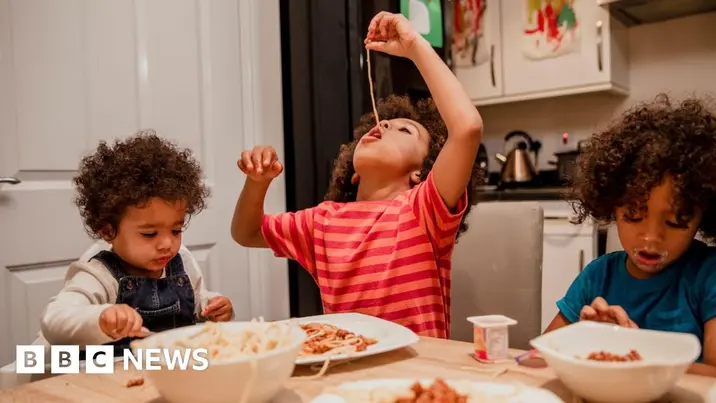T4K3.news
Meal deal price rise at Tesco
Tesco increases meal deal price by 25p; buyers face new costs at checkout.
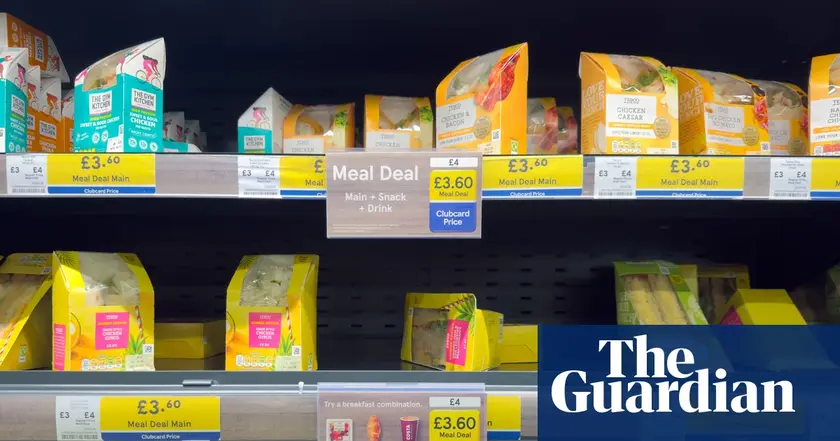
Tesco raises the meal deal price by 25p as food inflation climbs, prompting questions about value and budgeting.
Tesco meal deal price rises press on households
Tesco has raised the price of its meal deal by 25p, bringing it to £3.85 for Clubcard holders and £4.25 for others. This is the third price rise since 2022 as food and non alcoholic beverages costs climb amid higher inflation. The latest official figures show food inflation at 4.9 percent year on year in July, up from 4.5 percent in June. The price move comes as heatwaves and droughts in parts of Spain, Italy and Portugal push up costs for fresh produce that the UK relies on. Some shoppers expressed dismay on social media, with one user calling the change devastating. Sainsbury's also lifted its meal deal price earlier this year, signaling a broader shift in everyday grocery pricing.
The meal deal still offers savings if shoppers pick cheaper items, but the bundle is no longer a guaranteed bargain. The rise sits alongside a wider policy debate about how retailers handle rising costs and how autumn budget measures will affect prices. A letter signed by more than 60 chief executives warned that food price inflation could reach 6 percent this year and urged the government to avoid policies that push costs onto shoppers. The exchange between business leaders and policymakers frames a larger question about living standards and the role of big retailers in a changing economy.
Key Takeaways
"Discovering that a Tesco meal deal will be £3.85 with a Clubcard from Thursday was truly devastating."
customer reaction on social media
"Labour’s manifesto made a clear and welcome promise to deliver good jobs and higher living standards but if future policy decisions lead to rising prices and fewer jobs, then those commitments are at risk."
Retailers' letter to the chancellor
"Food price inflation could hit 6% this year"
retailers' projection in the letter
This move highlights how small price steps at the checkout accumulate into real burdens for households, especially when wages lag behind living costs. Meal deals are a popular relief valve, but they cannot deflate the arithmetic of inflation. The price increase also underscores the political dimension of everyday shopping, a topic that becomes part of the autumn budget debate.
Policy makers face pressure to balance business costs with the cost of living. The retailers letter signals concern that higher taxes could feed into higher prices and fewer jobs, a scenario that would complicate efforts to raise living standards. In that tug of war between affordability and competitiveness, consumers watch closely for signs of relief and reassurance.
Highlights
- A Tesco meal deal now feels like a budget decision not a treat
- Prices rise while wages stay flat a squeeze at the checkout
- Retailers warn that tax moves could push prices higher and cost jobs
- The deal matters but inflation is rewriting the math at the checkout
Budget and policy sensitivity at retail pricing
The article ties a common price rise to broader fiscal policy and public reaction, raising questions about budget impacts, political signaling, and consumer backlash.
Small price changes at the till are shaping larger questions about living standards.
Enjoyed this? Let your friends know!
Related News

Tesco meal deal price rises to £3.85

Tesco raises meal deal prices as inflation climbs

Tesco meal deal price rises
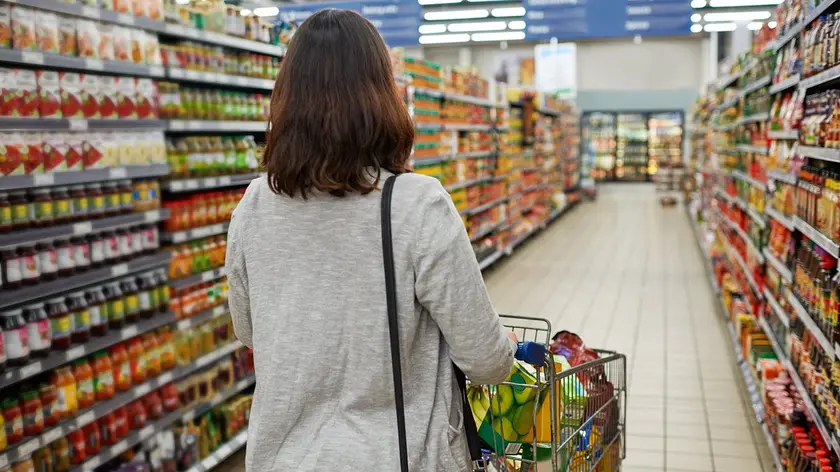
Lidl named UK's cheapest supermarket
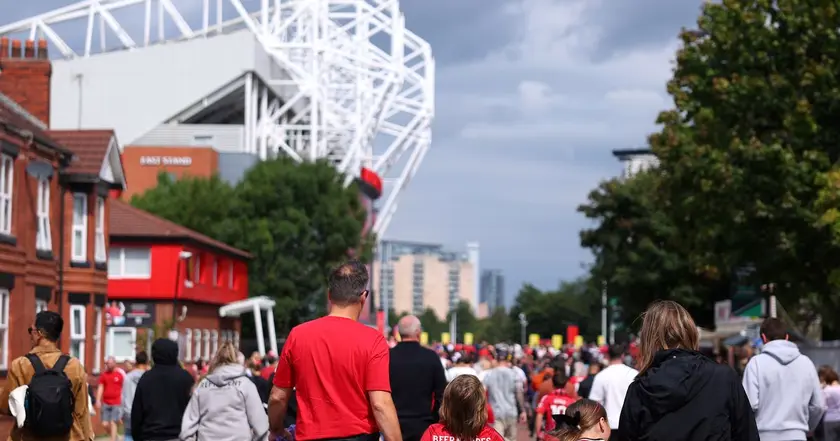
Old Trafford price rises announced
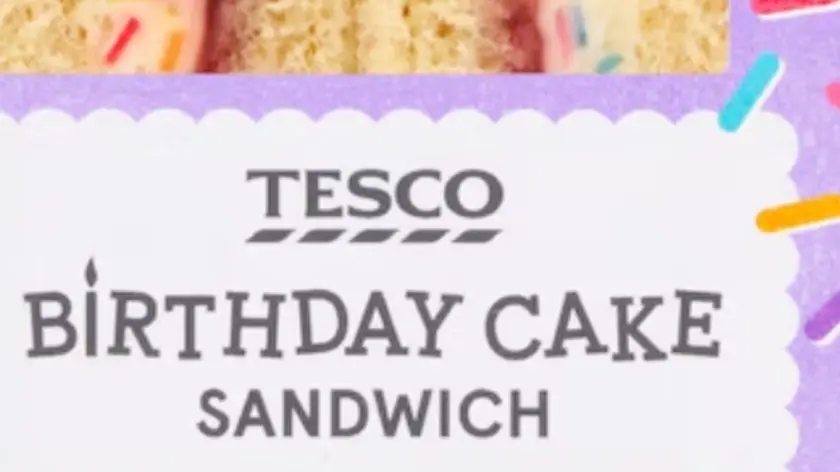
Tesco introduces a birthday cake sandwich

Olive Garden keeps pasta deal price
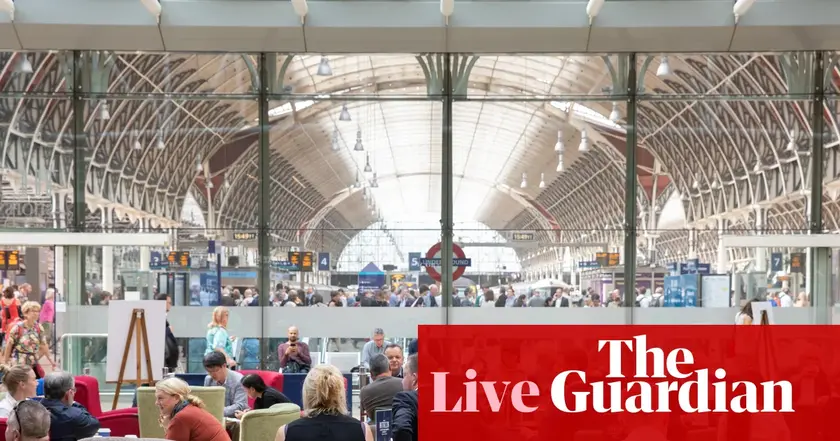
UK economy grows as PMI rises WH Smith slides on accounting error
